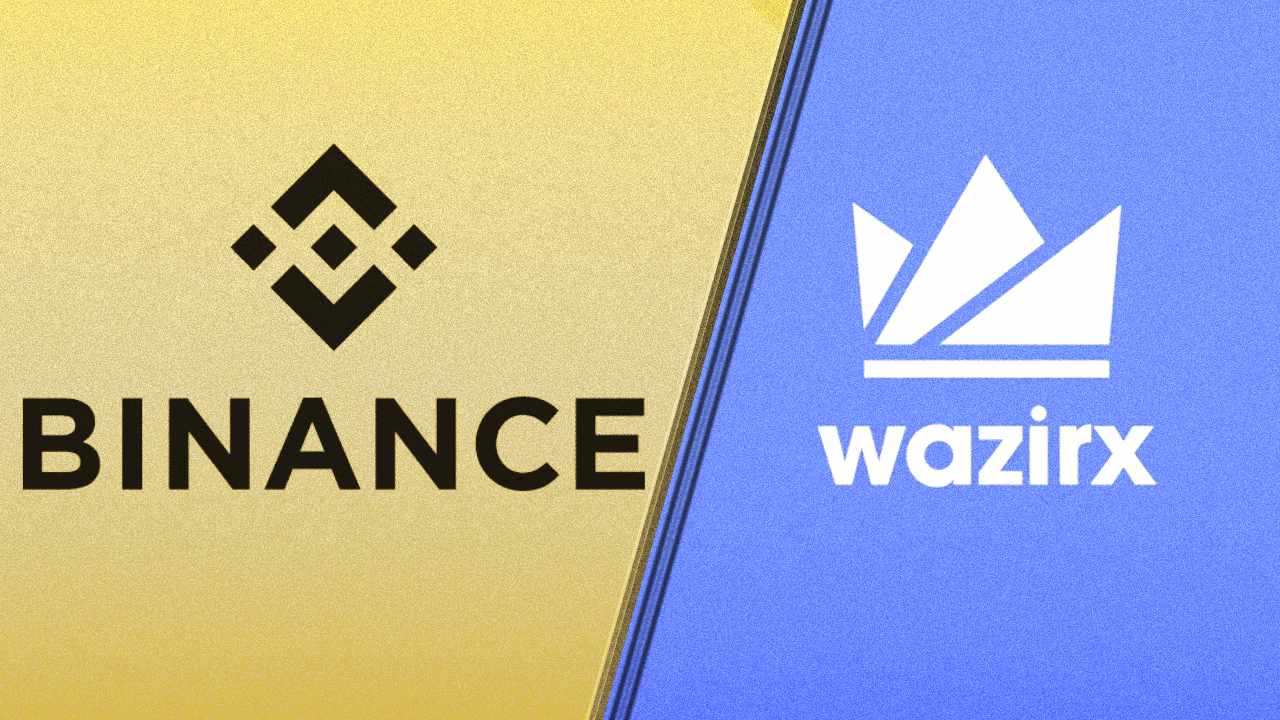The Hamster Kombat airdrop set a record of activity on Toncoin. The fees during the event reached an all-time high, though the network did not stall as in the case of DOGS airdrop.
Toncoin fees reached an all-time high, based on peak activity around the Hamster Kombat airdrop. Based on Token Terminal data, the Toncoin chain achieved more than $364K in daily fees on September 26, the day of the airdrop. In addition to Hamster Kombat, the Toncoin chain was also absorbing the hype of the Catizen (CATI) airdrop and the first week of the asset’s trading.
Toncoin fees are not reliably predictable, and tend to stay low even during days of relatively high activity. The end goal is for fees to remain low for the end user, though cumulative fees added up due to the HMSTR asset distribution and transactions.

The fees during the airdrop also hinged on a total record of active daily users – 1.6M in the past 24 hours. Hamster Kombat was the most widely visible airdrop, tied to the most influential Telegram group with more than 60M subscribers. In the first hour after the airdrop, the Toncoin network processed more than 1M transactions, after warning validators to prepare for the overload.
The peak result, however, may be temporary for Toncoin. The Hamster Kombat group on Telegram lost more than 600K subscribers after the airdrop, as some of the users were disappointed by the amount of tokens compared to the farming tasks.
Toncoin traffic depends on stablecoins
Some of the top meme tokens and recent airdrops made it into the top 15 of Toncoin ‘jettons’. However, Tether (USDT) surpasses all in terms of activity. As of September 26, USDT transfers also increased in value near their one-year peak. A total of $139.6M in USDT were transferred through Toncoin, following more than a week of increasing USDT volumes.
NOT is still the second most active token, with $242K in daily volumes. Around 40% of all Toncoin users hold NOT, the most widely distributed asset. The first-mover advantage of NOT also means newer meme tokens may struggle to gain popularity, especially with tedious tasks and missions.
USDT, however, achieves more than 272K in daily volumes. HMSTR is still far from ranking among top Toncoin assets, despite being the most high-profile mini-app.
The Toncoin chain also derives its activity from the two topmost markets. Ston.fi and DeDust. Ston.fi hosts 2.5M swappers, while DeDust attracts 778K traders daily. The two exchanges are also key to the USDT activity on the Toncoin chain, as both markets pair all assets against the stablecoin.
USDT also has the highest value locked among native Toncoin jettons. The stablecoin is carrying $22M in liquidity in its decentralized pairs.
Total value locked on the Toncoin ecosystem is slowly recovering from recent lows under $400M. The Toncoin chain carried more than $438M in value locked, still down 50% from its all-time peak.
Liquid staking is also adding to the value, as well as the on-chain activity. Tonstakers already holds 223.23M in value locked, up 24.7% in the past month.
TON, the native asset, has recovered well above $5. After the recent overall market recovery, TON traded at $6.04.
Hamster Kombat holders rush to sell
A day after the Hamster Kombat airdrop, the token started sliding and erased up to 30% of its value. HMSTR traded at $0.006, down from its initial price of $0.009.
On decentralized exchanges, Hamster Kombat was the third most active pair. Toncoin-based DeDust favored DOGS and Notcoin (NOT), as well as Catizen. HMSTR had only 6048 market makers and under 7K transactions for DEX deals. In comparison, recently launched Catizen (CATI) had 10,276 market makers and more than 11K transactions to the DeDust DEX.
Most Hamster Kombat farmers received a relatively small allocation, equivalent to $30 for hundreds of hours of completed tasks. HMSTR holders were also unable to sell immediately, and had to wait and see their asset lose value on both DEX and centralized markets.
On the positive side, the Toncoin chain survived the stress test, as validators were prepared to handle the additional traffic. The network handled a total of 16M daily transactions per day, on average 10 transactions per user.
Cryptopolitan reporting by Hristina Vasileva.





